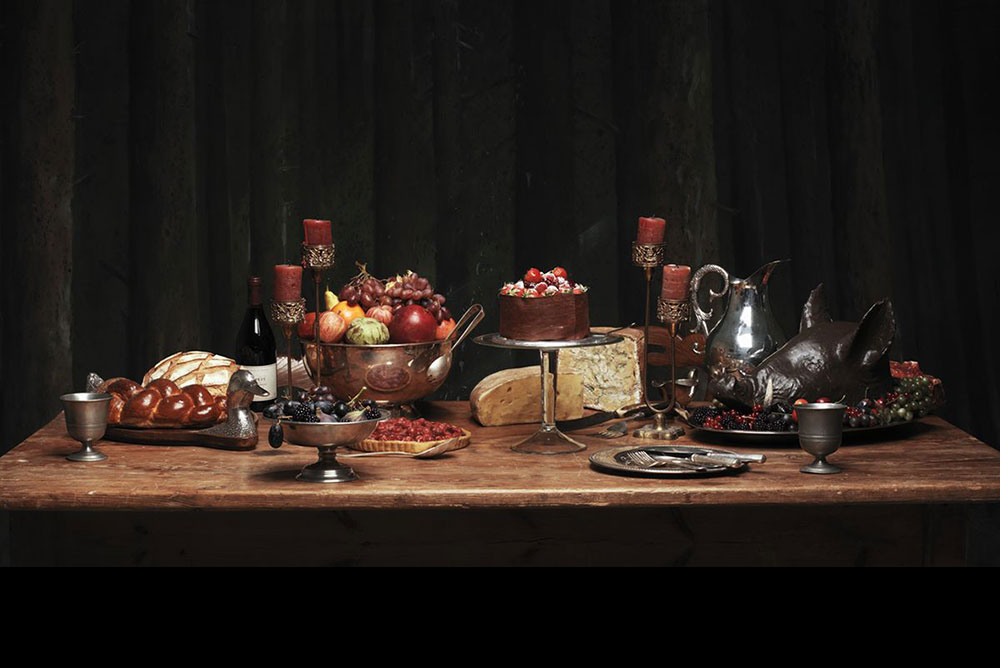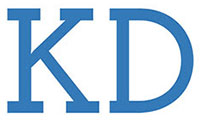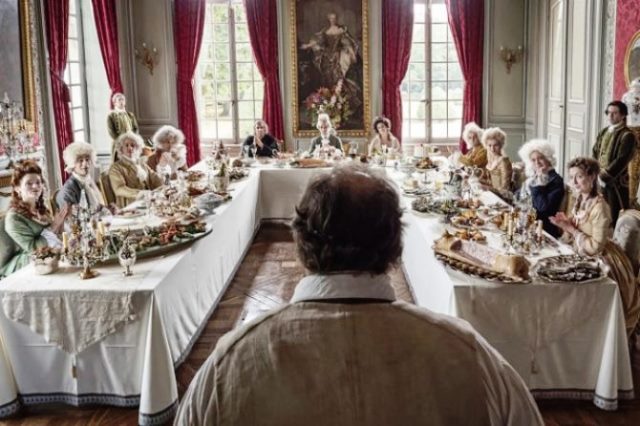INTRODUCING: Kitchen Detail, kitchen professional Nancy Pollard’s lively food blog. Read her takes on kitchen equipment and the food scene writ large and small.

From “Délicieux,” a film directed by Eric Besnard.
By Nancy Pollard
After owning one of the best cooking stores in the US for 47 years, Nancy Pollard writes Kitchen Detail, a blog about food in all its aspects—recipes, film, books, travel, superior sources and food-related issues.

Want more of Nancy Pollard’s Kitchen Detail? There’s more at lacuisineus.com.
A KITCHEN DETAIL subscriber recently wrote to me about a film she enjoyed and wondered if I had missed it. Which, of course, I had, as I was completely immersed in watching either depressing documentaries about the state of our food or finding comfort in one that offered a ray of hope about what we eat. Now that we have hit the the truly humbling and humid 96F in my city, watching Délicieux was an enjoyable way to wait for the temperature to fall back to 80F.

The gifted chef Manceron, foreground, faces his aristocratic (and picky) clientele in the movie “Délicieux.” Gastronomy, it seems, is a pleasure limited to those of “noble birth.”
The plot is definitely a stretch into historical fantasy, but lordy, the photography and styling! Even if Éric Besnard‘s storyline is light on plausibility, you will enjoy his attention to detail in the propping of the scenes and lush photography. As a film reviewer wrote in The Guardian, it is really an allegory. Said literary term need not be limited to your painful high school study of The Pilgrim’s Progress, an allegory about a spiritual journey. Nor need it be limited to the highly scatological and savage (and definitely not for children or for the religiously inclined) animated film Sausage Party. One would have been disappointed with anything less from one of its creators, Seth Rogen. Besides, Edward Norton does an amusing voiceover as a bagel.
It Starts in 1789
Meanwhile, in Délicieux, the story of a provincial chef ousted from his position in an ancien régime chateau and the subsequent evolution of a restaurant in his father’s tavern—with the help of a bookish son and mysterious apprentice—is underscored by the demise and ouster of the old order. It speaks to the revolt against the aristocratic class and the evolution of their unemployed chefs, tradesmen and suppliers into what has become the restaurant trade today.
In true allegorical fashion, the son represents the burgeoning reporter; Louise, perhaps the abused noblewoman, who seeks knowledge and revenge against the system into which she was born. In a French interview, director Besnard said he wanted to celebrate the birth of French restaurants, which reflect their “terroir” and the light of knowledge that gave chefs who had labored for the French nobility the ability to embrace the freedom—in his words “the light”—to pursue the culinary heights that ultimately the French Revolution bequeathed to them.
But don’t dig too deeply; it is too hot outside. Rather, relish the cinematic detail in the scenes about cooking and the gorgeous photography (you can really appreciate drone cameras here) of the area in Cantal. It will make you want to rent a gîte there.
Birth of the Restaurant
 The actual birth of restaurants, while generally acknowledged to be in Paris and not in a province, is still cloaked in mystery. The standard explanation is that it was a soup salesman with the last name of Boulanger in 1765, who sold “restoring broths” to people in Paris who had no kitchens in their homes. Meals normally were eaten from communal platters in taverns or people bought foods from vendors (who belonged to tightly knit and rigidly regulated guilds). And interestingly, during the French Revolution the powerful heads of these guilds went under the guillotine along with the aristocratic ones. The problem is that there are no actual records of Boulanger’s existence.
The actual birth of restaurants, while generally acknowledged to be in Paris and not in a province, is still cloaked in mystery. The standard explanation is that it was a soup salesman with the last name of Boulanger in 1765, who sold “restoring broths” to people in Paris who had no kitchens in their homes. Meals normally were eaten from communal platters in taverns or people bought foods from vendors (who belonged to tightly knit and rigidly regulated guilds). And interestingly, during the French Revolution the powerful heads of these guilds went under the guillotine along with the aristocratic ones. The problem is that there are no actual records of Boulanger’s existence.
According to Rebecca Spang, a historian and author of The Invention of the Restaurant: Paris and Modern Gastronomic Culture, the probable and self-proclaimed founder of the idea of restaurants was Mathurin Roze de Chantoiseau, who might be described today as an Idea Person in the vacuum that was created in the decade surrounding the events of 1789. A prolific and self-promoting writer, he even had correspondence with Benjamin Franklin. His projects included financial reforms to protect France from defaulting on its debts—all thrown into the wastebasket. He included his new eatery in his Almanach Général, “a directory of the most important wholesalers, merchants, bankers, courtiers, artists, and artisans in France,” which appeared regularly during the 1770s and 1780s. Spang notes that his restaurant was taken over by Anne Ballot in the 1780s and remained a fixture in the new Parisian restaurant scene. One of the gentle ironies is that I could find nothing written about her.
You can currently watch Délicieux on Amazon Prime, Hoopla, or for free with ads on The Roku Channel, VUDU Free.
MyLittleBird often includes links to products we write about. Our editorial choices are made independently; nonetheless, a purchase made through such a link can sometimes result in MyLittleBird receiving a commission on the sale, whether through a retailer, an online store or Amazon.com.

